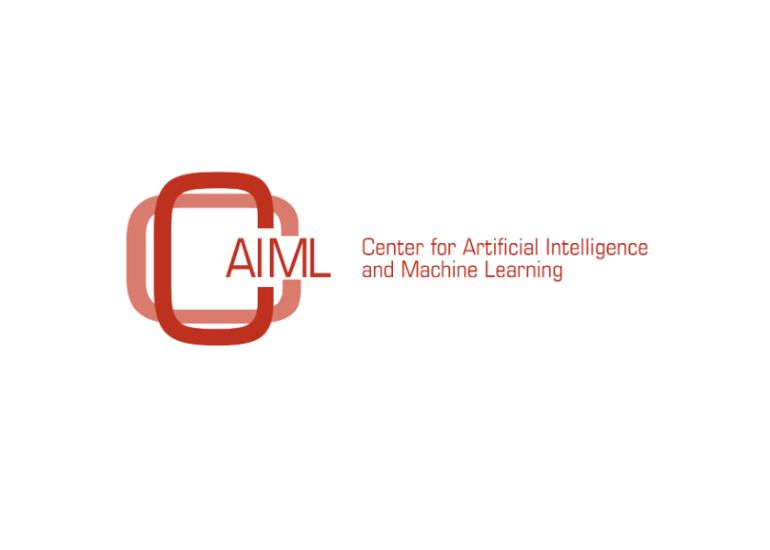Program
16:15 — Welcome & Introduction
- Sabine Seidler, Rector of TU Wien
- Gerti Kappel, Dean of the Faculty of Informatics
- Wolfgang Wagner, Dean of the Faculty of Mathematics and Geoinformation
16:30 — Keynote Talk
How to Augment Supervised Learning with Reasoning By Leslie Valiant, Harvard University, USA
Supervised learning is a cognitive phenomenon that has proved amenable both to theoretical analysis and exploitation as a technology. However, not all of cognition can be accounted for directly by supervised learning. The question we ask here is whether one can build on the success of machine learning to address the broader goals of artificial intelligence. We regard reasoning as the major component of cognition that needs to be added. We suggest that the central challenge therefore is to unify the formulation of these two phenomena, learning and reasoning, into a single framework with a common semantics. In such a framework one would aim to learn rules with the same success that predicates can be learned by means of machine learning, and, at the same time, to reason with the rules with guarantees analogous to those of standard logic. We discuss how Robust Logic fulfills the role of such a theoretical framework. We also discuss the challenges of testing this experimentally on a significant scale, for tasks where one hopes to exceed the performance offered by learning alone.
About Leslie Valiant
Leslie Valiant was educated at King’s College, Cambridge; Imperial College, London; and at Warwick University where he received his Ph.D. in computer science in 1974. He is currently T. Jefferson Coolidge Professor of Computer Science and Applied Mathematics in the School of Engineering and Applied Sciences at Harvard University, where he has taught since 1982. Before coming to Harvard he had taught at Carnegie Mellon University, Leeds University, and the University of Edinburgh. His work has ranged over several areas of theoretical computer science, particularly complexity theory, learning, and parallel computation. He also has interests in computational neuroscience, evolution and artificial intelligence and is the author of two books, Circuits of the Mind, and Probably Approximately Correct. He received the Nevanlinna Prize at the International Congress of Mathematicians in 1986, the Knuth Award in 1997, the European Association for Theoretical Computer Science EATCS Award in 2008, and the 2010 A. M. Turing Award. He is a Fellow of the Royal Society (London) and a member of the National Academy of Sciences (USA).
17:50 — Presentation of CAIML
- Clemens Heitzinger, Head of Machine Learning and Uncertainty Quantification Group
- Stefan Woltran, Head of Databases and Artificial Intelligence Group
Panel Discussion
AI Between Scientific Research And Societal Impact
- Gerhard Friedrich, University of Klagenfurt, Austria
- James Larus, EPFL, Switzerland
- Helga Nowotny, Former President of the European Research Council
- Paul Timmers, University of Oxford, UK and European University Cyprus
19:00 — Closing Remarks
Notes
Online Event
- Starts on Thu, December 2, 2021 at 16:15 CET (15:15 UTC)
- Join us via Zoom or on the DIGHUM YouTube channel
- Working language of the event is English
Contact
- Clemens Heitzinger, clemens.heitzinger@tuwien.ac.at
- Stefan Woltran, stefan.woltran@tuwien.ac.at
Media Partner
- Wiener Zeitung


